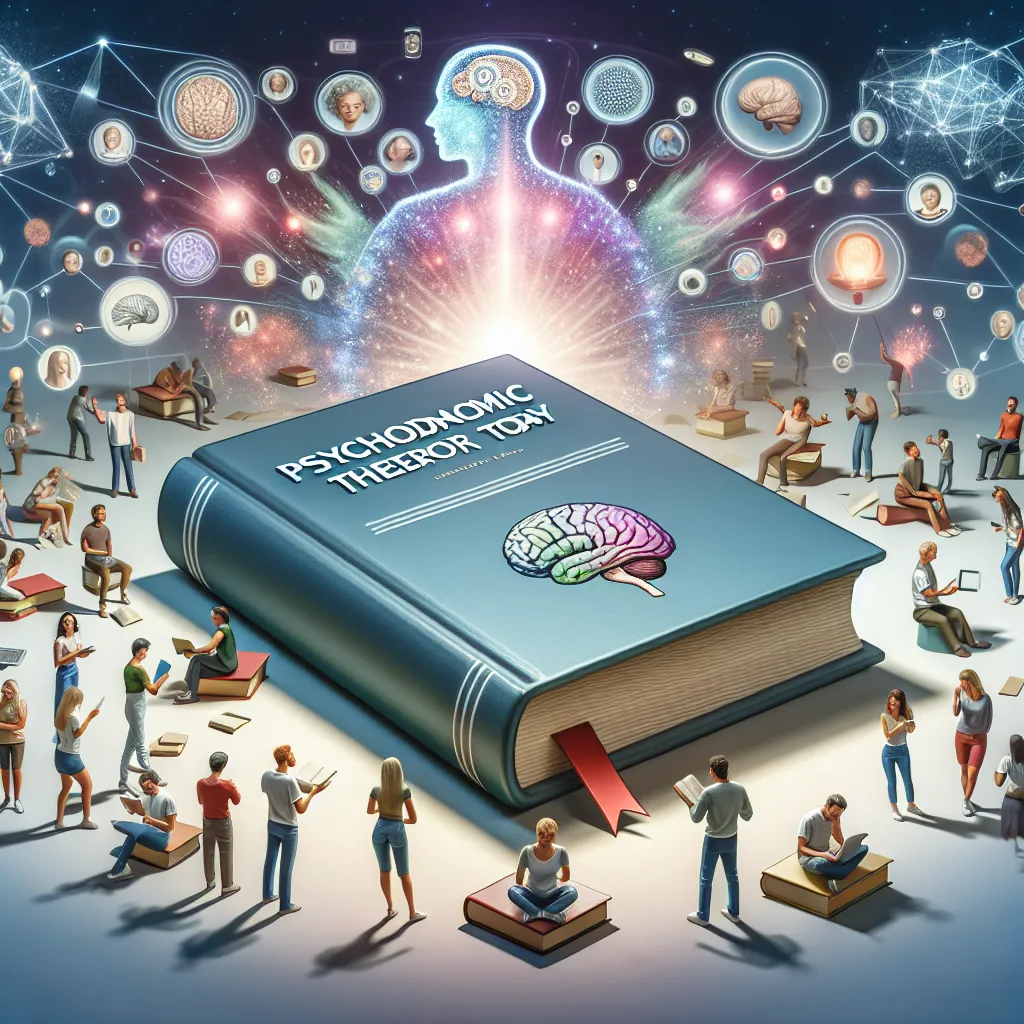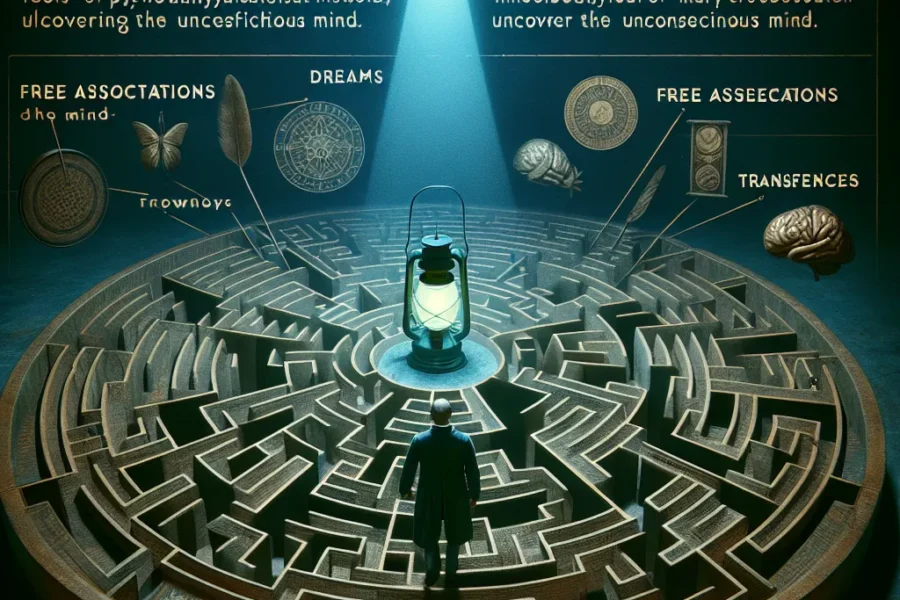In the field of psychology, various theoretical frameworks have been developed to understand human behavior and mental processes. One of the most significant theories that have had a profound impact on psychology is psychodynamic theory. Originally developed by Sigmund Freud in the late 19th and early 20th centuries, psychodynamic theory has evolved over the years and remains relevant today. This article will explore the continuing significance of psychodynamic theory in modern psychology, its applications in various disciplines, and why it continues to be a subject of interest.
Psychodynamic theory centers on the belief that human behavior and emotions are deeply influenced by unconscious motives. According to this theory, our thoughts and actions are driven by an interplay of unconscious desires, thoughts, and feelings. These unconscious forces, which often stem from early childhood experiences, can affect our behavior and emotional well-being.
Even in the 21st century, the relevance of psychodynamic theory can be seen in several areas of psychology and psychotherapy. Psychodynamic psychotherapy, an approach based on this theory, is widely practiced by clinicians around the world. It involves exploring the unconscious mind to uncover deeply rooted psychological problems that may be causing distress or dysfunctional behavior in an individual’s life. The therapeutic process aims at bringing these unconscious conflicts to the surface, allowing individuals to deal with them more constructively.
One of the main reasons psychodynamic theory remains influential is because it addresses the complexities of human emotions and relationships. While other psychological theories may focus on observable behavior or cognitive processes, psychodynamic theory dives deeper into the emotional life of individuals. This makes it especially relevant for addressing issues related to emotional suffering, such as anxiety and depression, which are among the most common mental health disorders today.
The application of psychodynamic principles extends beyond individual therapy. It is used in group therapy, family therapy, and couples therapy, helping individuals understand how their unconscious patterns influence their interactions with others. By bringing awareness to these patterns, therapy can lead to healthier and more fulfilling relationships.
Psychodynamic theory has also made significant contributions to the field of developmental psychology. The theory’s emphasis on the impact of early childhood experiences on the development of the personality remains a core principle in understanding how individuals grow and change over their lifespan. It has fueled research into the long-term effects of childhood trauma and the importance of early attachments, which has, in turn, shaped social policies and early childhood interventions.
Furthermore, psychodynamic theory’s focus on the therapeutic relationship itself is another factor that keeps it relevant. The concept of transference, where emotions and expectations from past relationships are projected onto the therapist, is used to gain insight into an individual’s relational patterns. Countertransference, the therapist’s emotional response to the client, also provides valuable information during the therapeutic process. These principles are widely regarded as crucial in understanding the dynamics of therapy and fostering therapeutic change.
Another argument for the relevance of psychodynamic theory comes from its adaptability. Over the years, it has integrated new findings from neuroscience and other fields. For instance, contemporary psychodynamic therapists consider the influence of brain function and chemical processes on emotional and psychological experiences. This integration has led to a more holistic and scientifically informed approach to understanding and treating psychological issues.
Psychodynamic concepts have permeated other disciplines as well, demonstrating their broad relevance. In fields like education, business, and the arts, understanding unconscious motivations can be valuable in managing interpersonal dynamics and enhancing creativity. For educators, psychodynamic principles can inform classroom management and student engagement strategies. In the business world, executives and human resource professionals can apply these concepts to improve leadership skills and team dynamics. The arts often explore psychodynamic themes, allowing for a deeper engagement with the human psyche and emotional expression.
Critics of psychodynamic theory have questioned its scientific validity, citing a lack of empirical evidence and the theory’s inherent subjectivity. Nevertheless, research in recent years has begun to provide empirical support for some of its key tenets. Studies using modern techniques like brain imaging have demonstrated that unconscious processes do influence behavior, lending credence to one of the fundamental aspects of the theory.
The enduring interest in psychodynamic theory can be seen in the ongoing research and literature on the topic. Psychological journals continue to publish studies and theoretical pieces that explore psychodynamic concepts. This ongoing discourse keeps the theory vibrant and evolving, ensuring that it remains relevant to contemporary issues and debates within the field of psychology.
In conclusion, psychodynamic theory continues to play a crucial role in contemporary psychology. It offers valuable insights into human behavior and the unconscious mind, with applications stretching across various aspects of mental health and beyond. Its adaptability to new research and integration with other psychological approaches has sustained its relevance. Whether in therapy, developmental psychology, or interdisciplinary applications, psychodynamic theory offers a timeless perspective on the complexities of the human condition. As we continue to explore the depths of the psyche, psychodynamic principles will undoubtedly remain a significant influence on the study and practice of psychology.



Leave a Comment